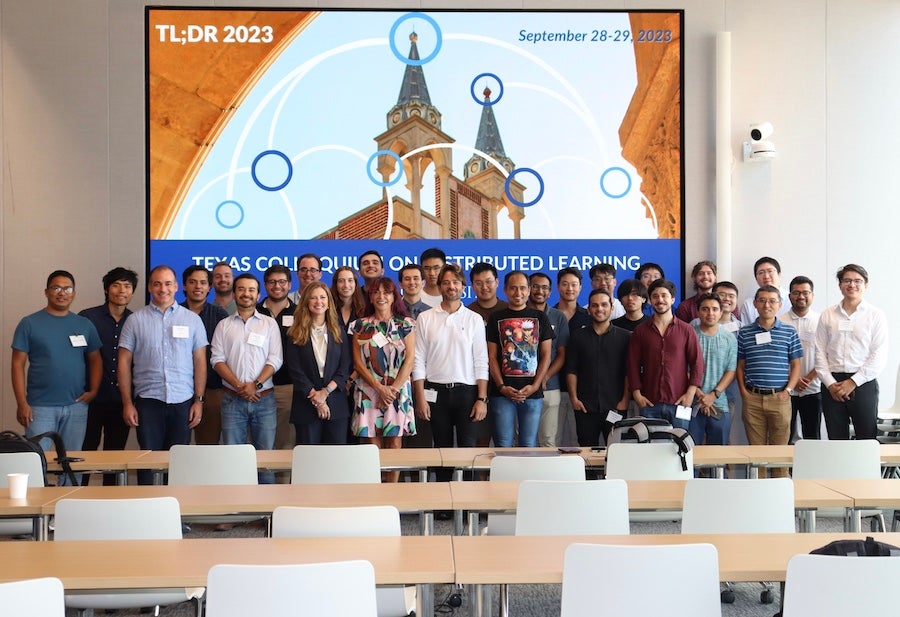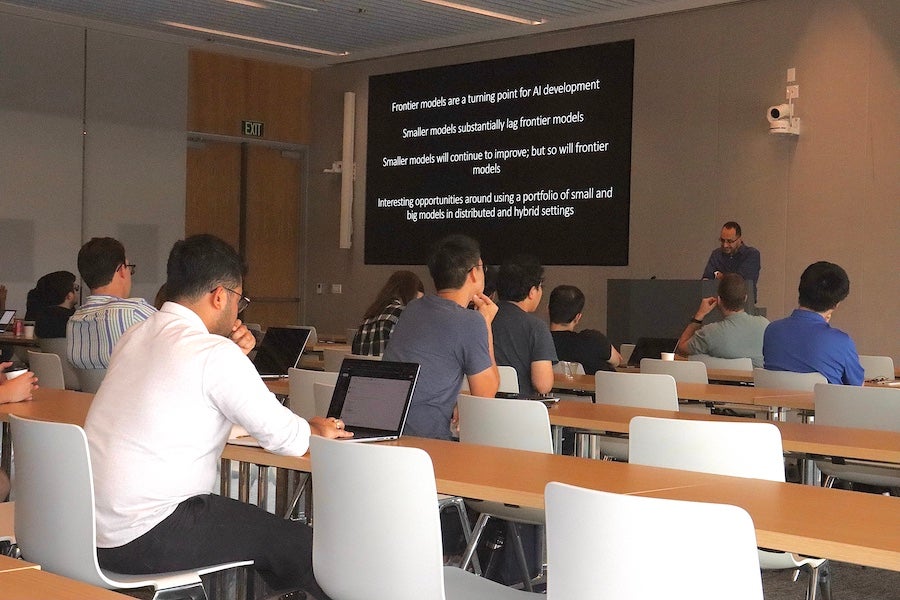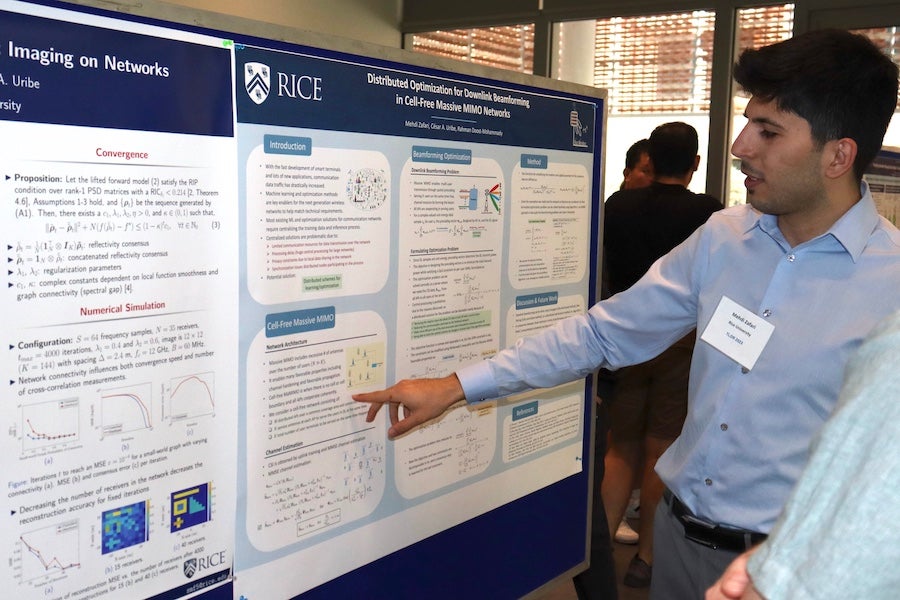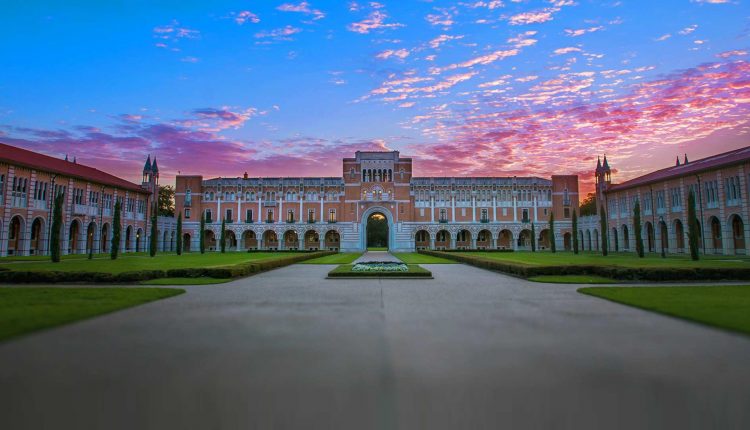Rice University Hosts Colloquium on Distributed Computing and Machine Learning
Rice University hosted the Texas Colloquium on Distributed Learning, a two-day summit of talks on distributed computing and large-scale machine learning (ML) held at the Ralph S. O’Connor Building for Engineering and Science.
Around 100 people participated in the workshop, which featured talks and discussion sessions on efficient distributed learning algorithms and training large-scale computing models with low-cost, general-purpose computing platforms. The discussion topics included systems and infrastructure, fairness, hardware for on-device distributed learning, privacy concerns, optimization advances, theoretical contributions and distributed learning applications.
One of the topics touched upon during the workshop is how distributed optimization affects research in modern ML/artificial intelligence (AI) applications and vice versa. The ability to train AI models efficiently is behind the recent developments that revolutionize computer science applications. Tackling challenging training environments depends on the task and the available computational, communication and monetary resources. Traditional centralized-model training cannot handle the size of existing ML models, which can limit performance and applicability. This limitation sparked discussions on modern approaches to distributed learning from both a theoretical and practical standpoint, leading to connections between academia and industry.
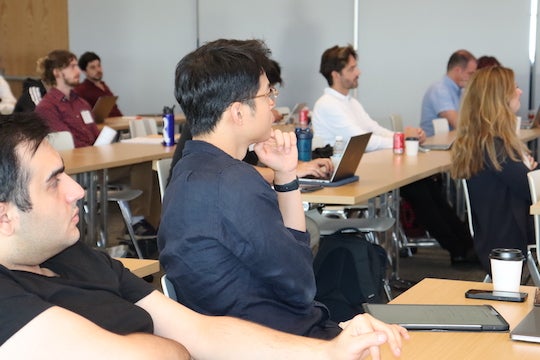
Plenary speakers featured leading ML researchers from industry and academia, including Microsoft Research, FAIR and Google. The workshop was sponsored by the university, the George R. Brown School of Engineering and the Ken Kennedy Institute. Rice engineering faculty Anastasios Kyrillidis, César Uribe and Sebastian Perez-Salazar helped organize the event.
Kyrillidis is an assistant professor of computer science and of electrical and computer engineering. Uribe is Rice’s Louis Owen Assistant Professor in Electrical and Computer Engineering, and Perez-Salazar is an assistant professor of computational applied mathematics and operations research.
Information about the workshop can be found here.
